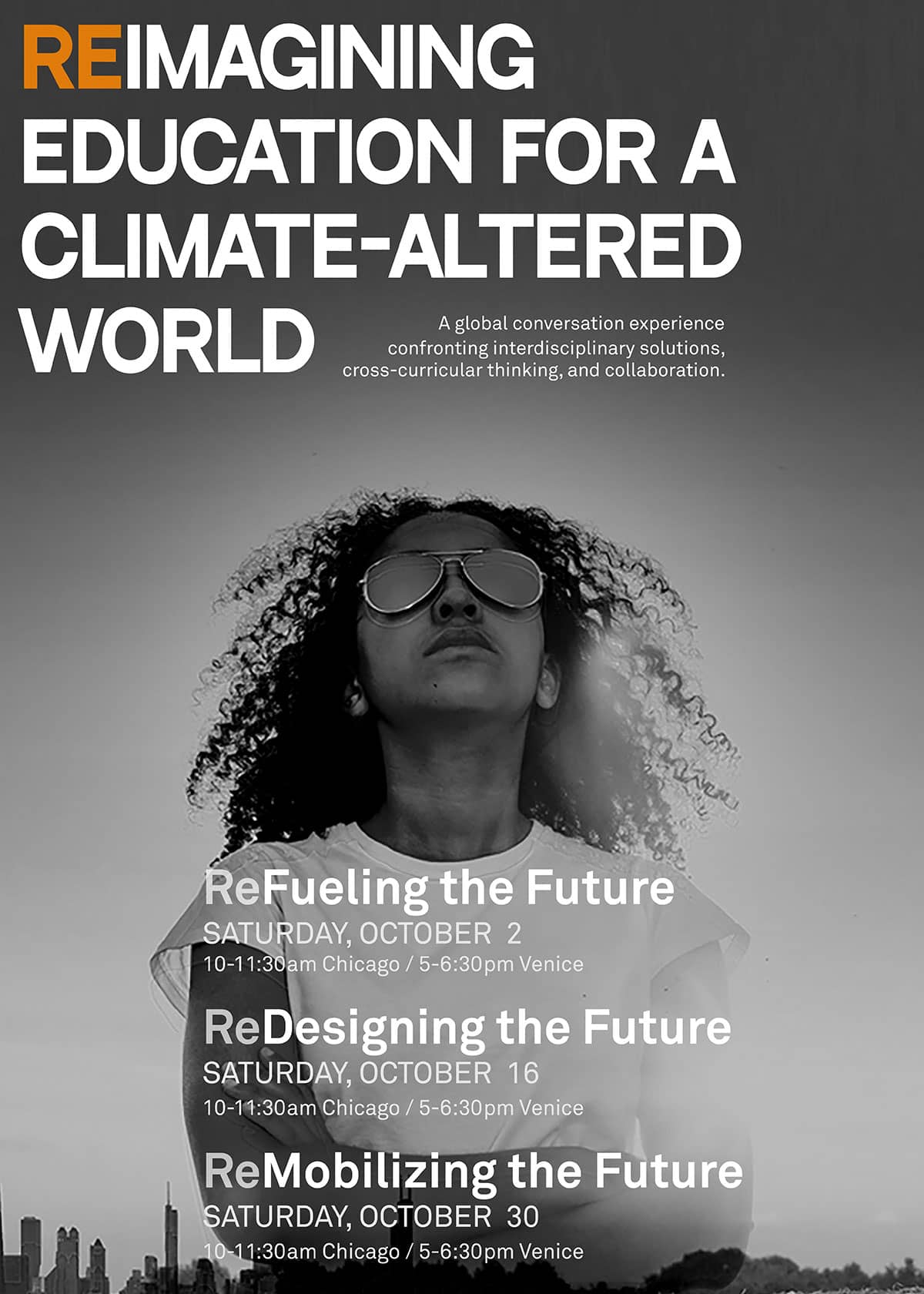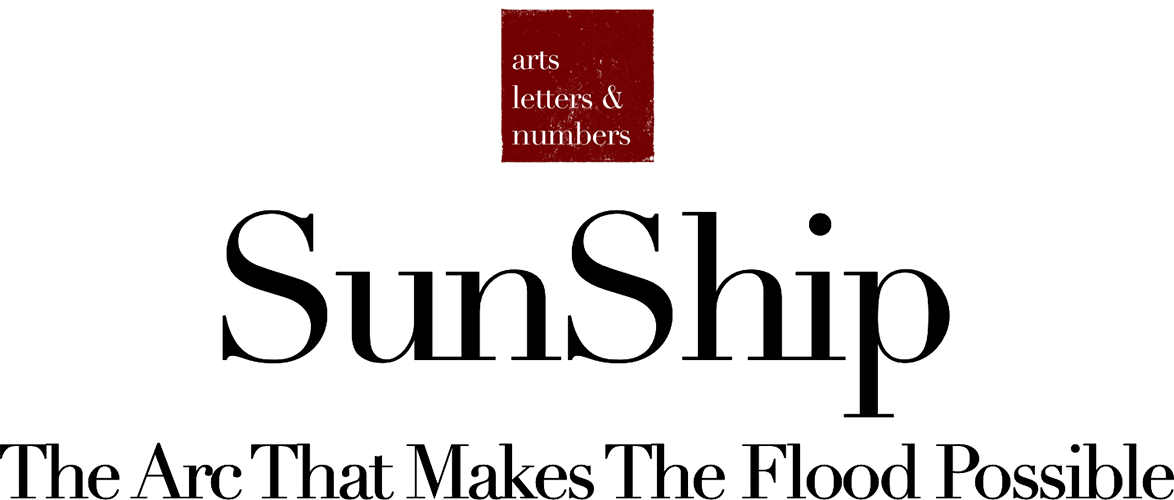ReImagining Education for a Climate-Altered World
ReDesigning Our Future
-
Global Citizenship Experience Lab school
-
Greenbacker
Profile

It is becoming increasingly clear that technological fixes and short-term policies are insufficient to redirect humanity’s unsustainable trajectory. Education has been identified as a key enabler in achieving the United Nations Global Goals and averting the worst effects of climate change. According to UNESCO (2018), Education focused on Sustainable Development (ESD) “encourages changes in knowledge, skills, values and attitudes to enable a more sustainable and just society for all” by empowering and equipping “current and future generations to meet their needs using a balanced and integrated approach to the economic, social and environmental dimensions.” ESD is about more than revising school curriculum—it’s about rethinking how we learn, where we learn, and who we consider to be “students” and “teachers”.
We all have something to learn, and we all have something to teach. To get out of our current predicament, it’s going to take all of us working together, across traditional borders of subjects, sectors, and nations. Tackling the complex problems we face will require interdisciplinary solutions, yet many of our schools are not set up for cross-curricular thinking and collaboration. This workshop series is designed to address this gap.
Global Citizenship Experience (GCE) Lab School and Greenbacker Capital are inviting educators, high school and higher ed students, engaged citizens, civic leaders and industry participants from around the world to participate in a series of three global conversations around climate activism. Break-out rooms will allow for intimate collaboration and will be group directed by a series of guiding questions.
The goal of each workshop will be to create customized action plans at an individual, classroom, local community, or global level. Participants are invited to submit their action plans and GCE Lab School and Greenbacker Capital will then assemble the plans into a collective which can be publicly accessed and used as inspiration for future conversations and action projects. Everyone will also have free access to GCE Lab School’s series of project-based learning modules which are core to the series topics and designed for high school and higher-ed education in sustainability development. It is not necessary to attend all workshops.
ReFueling Our Future:
October 2, 2021 (10-11:30am Chicago, 5-6:30pm Venice)
- Guiding Question: How will we fuel the future?
- Sub-guiding question: How do we decarbonize our energy supply systems?
The Intergovernmental Panel on Climate Change (IPCC) released a 2021 report that has been called a “Code Red for Humanity”. It is estimated that we have until the year 2050 to bring greenhouse gas emissions to net zero, but what does that mean, and how can we decarbonize the world we’ve built? In this session, you will explore questions about decarbonization and design a personalized investigation to pursue answers. The plan you create can be used to spur an individual exploration, a student inquiry project, or a community conversation on how to fuel the future.
ReDesigning Our Future:
October 16, 2021 (9-10:30am Chicago, 4-5:30pm Venice)
- Guiding Question: How will we design the future?
- Sub-guiding Question: How can systems thinking impact design and engineering to mitigate climate change?
To decarbonize by 2050, there are five “Grand Challenges” that need to be tackled: electricity, manufacturing, transportation, buildings, and agriculture. There is no clear roadmap to transform any of these sectors, but action must be innovative and immediate. In this session, you will use systems and design thinking to explore integrated approaches to problem-solving. The mapping you conduct can be used to carry out personal action, drive curriculum design, or translate to a community project on how to design the future.
ReMobilizing Our Future:
October 30, 2021 (9-10:30am Chicago, 4-5:30pm Venice)
- Guiding Question: How will we mobilize the future?
- Sub-guiding Question: How can active citizenship make our communities more sustainable?
Building a more sustainable future will require all hands on deck—from grassroots bottom-up movements to top-down policy measures. Countries that signed the Paris Agreement committed to nationally determined contributions, but there is no blueprint for how any country should meet its commitments. In this session you will diagram civic and policy actions that can be taken where you live, to inspire local action with a global impact. Participation in this workshop will result in a diagram that can be used to guide your own activism, motivate student learning, or facilitate community mobilization efforts.
Program Fee
Free
Selection Process
Applications are reviewed on a rolling basis until the deadline. Any questions regarding the application can be sent to:
programs@artslettersandnumbers.com

